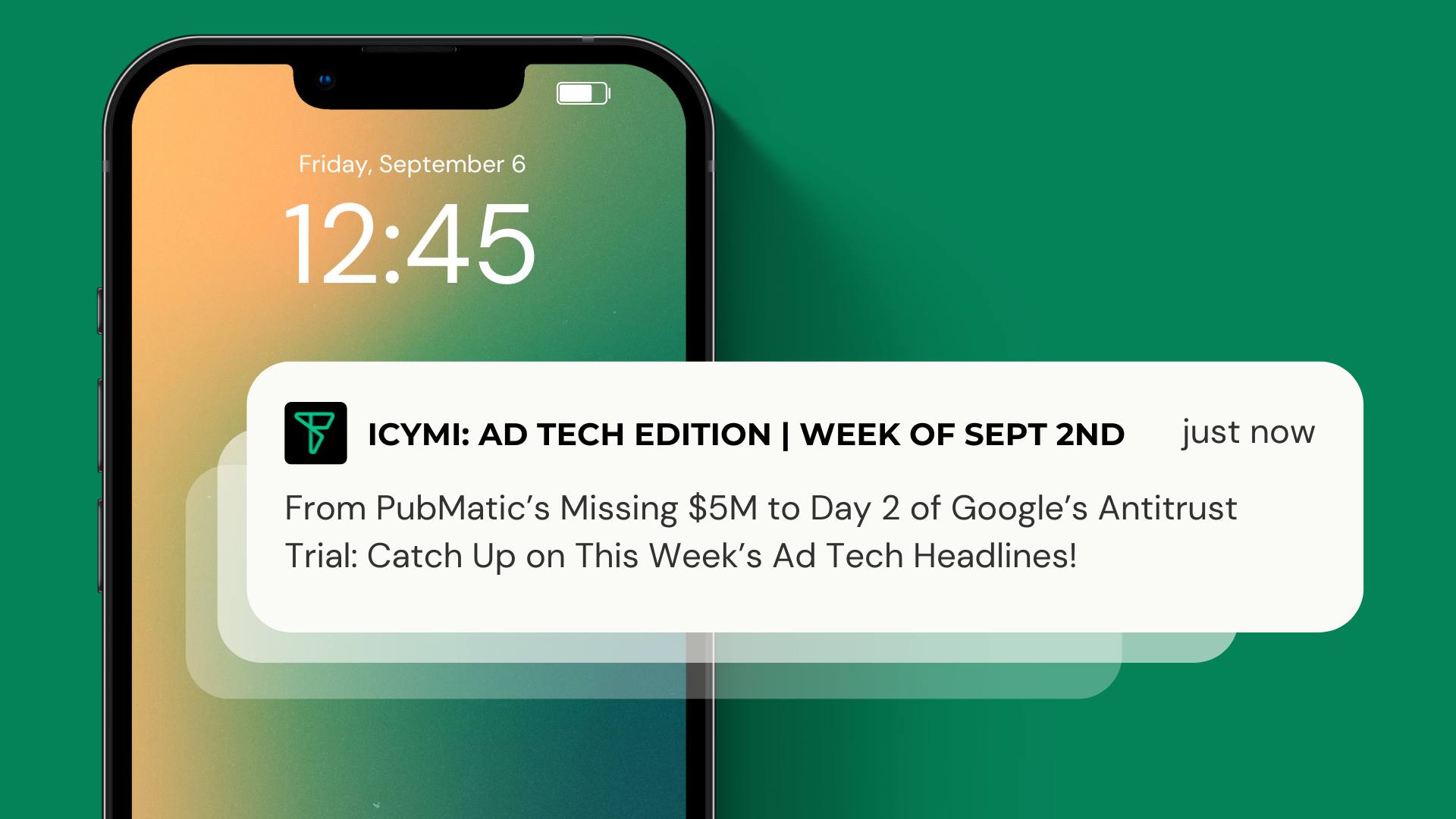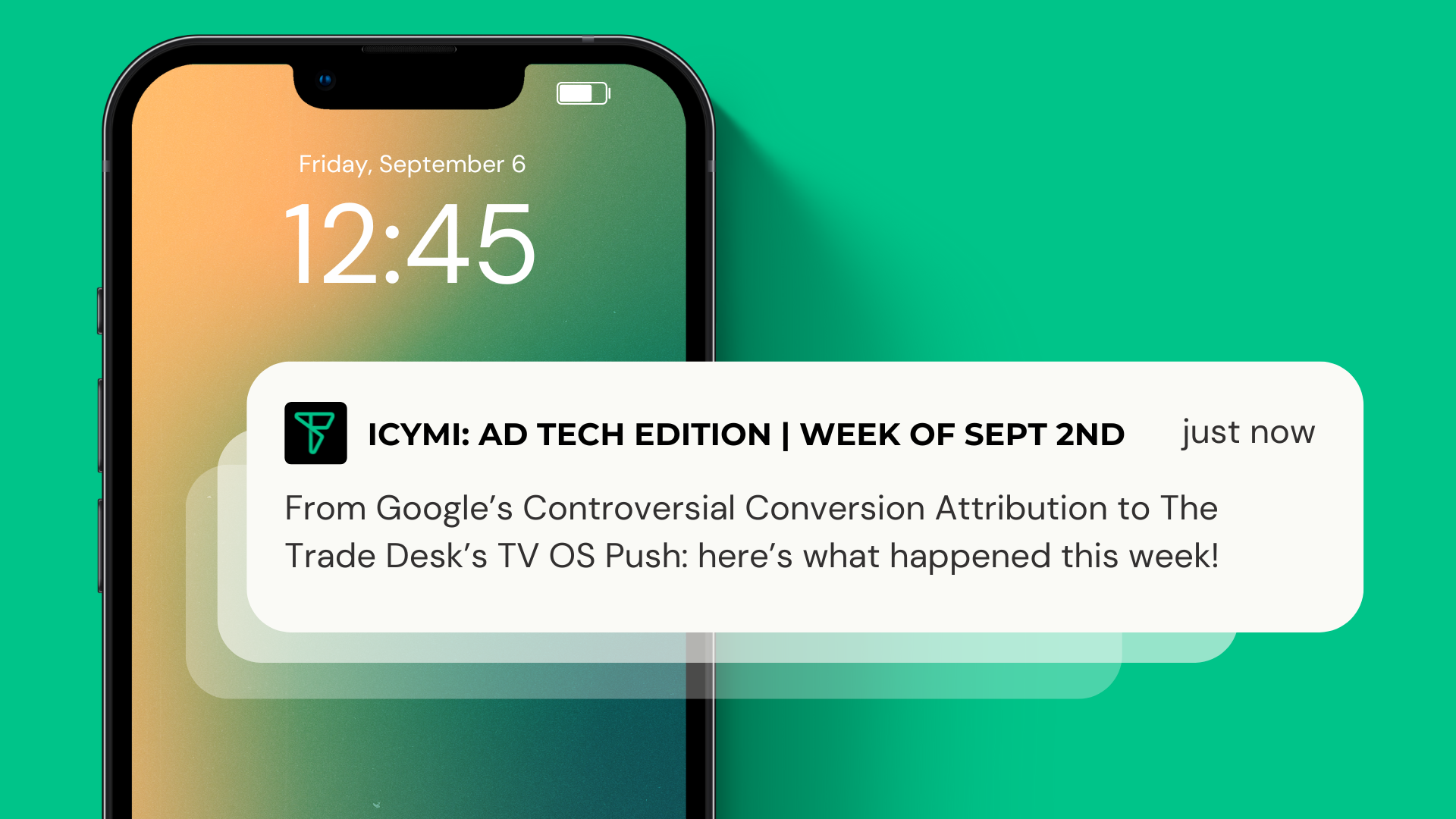Bits and Bobs from around the industry:
How Disney Juggles Direct Supply Paths Without Disintermediating SSPs
Disney continues its journey toward automating ad sales with the launch of DRAX Direct, an extension of its real-time ad exchange. This new platform offers advertisers direct access to inventory on Disney+ and Hulu via integrations with The Trade Desk and Google’s DV360. The initiative aims to provide advertisers with increased transparency into available inventory and audience demographics, potentially resulting in higher match rates and better-deduplicated reach.
While Disney maintains partnerships with SSPs like Magnite, DRAX Direct offers advertisers an additional avenue to access inventory, catering to diverse preferences in ad buying. With partnerships extending to over 30 DSPs, including smaller players, Disney seeks to offer advertisers flexibility and efficiency in campaign execution across various platforms and budgets.
Google’s new Sandbox advertising system could be ‘the end for a lot of publishers
As Google prepares to phase out third-party tracking cookies from its Chrome browser, stakeholders closely scrutinize its proposed alternative, the “Privacy Sandbox” ad system, amidst concerns and critiques from publishers, advertisers, and regulatory bodies like the UK Competition & Markets Authority (CMA). The system, developed under legally binding commitments to prevent abuse of Google’s dominant market position, faces skepticism over its effectiveness and fairness. Of particular concern is the Sandbox’s Topics system, which critics argue lacks flexibility and may consolidate Google’s control over ad targeting.
This scrutiny underscores broader anxieties about the future of digital advertising and the balance of power within the ecosystem. Despite Google’s efforts to address these concerns and promote Sandbox as a voluntary framework, doubts persist regarding its potential impact on publisher revenue, data dynamics, and overall market competitiveness. As the digital advertising landscape undergoes significant shifts, stakeholders remain vigilant, advocating for transparency, fairness, and innovation in ad tech solutions.
HOW TO MAKE FIRST-PARTY DATA WORK FOR YOUR BRAND
The Digital Markets Act (DMA), enacted by the European Union today, imposes stringent regulations on six tech giants—Alphabet, Amazon, Apple, ByteDance, Meta, and Microsoft—targeting their core platform services (CPS). The DMA aims to disrupt the dominance of Big Tech by introducing measures like banning self-preferencing and mandating data interoperability. While some companies contest their designations, others brace for compliance adjustments. The DMA’s objective is to foster competition and innovation by curbing unfair practices, but its effectiveness depends on user adoption of alternative services. Despite pushback from tech giants, the EU is poised to enforce DMA provisions swiftly, signaling a significant paradigm shift in digital regulation.





